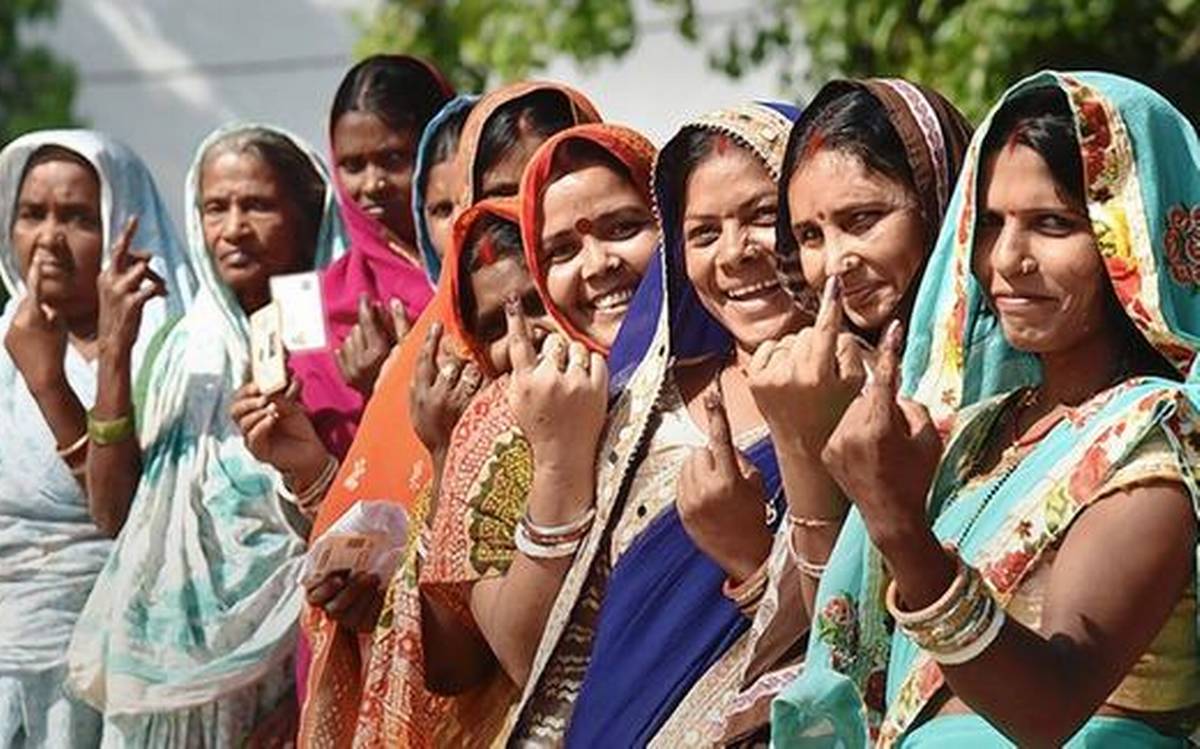Saba Rajkotia
17th February 2020
In February of this year, Arvind Kejriwal led the Aam Admi Party (AAP) to a thumping victory in the Delhi assembly elections. Kejriwal ran on the promise of establishing a welfare state in Delhi, and according to data from The Election Commission of India (ECI) it was the women’s vote that may have assured his victory. Shashi Shekhar of the Hindustan Times suggests that women may be having a growing influence on Indian political outcomes.
Taking the example of Delhi, Shekhar points out that AAP’s promise of free electricity, education, health and water would have had the most impact on women. For the average woman homemaker who is concerned with caring and providing for her family, these benefits can provide the extra support they need to avoid falling into poverty.
In a similar vein, Bihar’s Chief Minister Nitish Kumar made a number of changes for the benefit of women once he was elected. He reserved 50% of seats for women in Panchayats and local bodies, and made an effort to ensure school-going girls would not drop out of school by providing them with bicycles to make travel easier. The prohibition of alcohol law brought in recently was also in response to the demands of women in Bihar.
Prime Minister Narendra Modi’s government has also made an effort to improve the prospects of women and girls in India. With programs like “Beti Bachao, Beti Padhao” (Save the Girl, Educate the Girl), Pradhan Mantri Ujjwala Yojana which saw the distribution of gas cylinders, and Swachh Bharat which saw the construction of toilets, Modi was able appeal to the female voter.
The impact of the female vote works both ways. In Delhi, AAP’s positive and nonaggressive campaign won out over BJP leaders’ abrasive and crude behaviour and language during election rallies. Shekhar attributes this to the women’s vote, suggesting that women do not like discriminatory politics and will vote against it. The fact that Amit Shah, in the aftermath of defeat, admitted that the comments made by BJP leaders were inappropriate and uncalled for suggests that such societal pressures are impacting politics.
Shekhar, citing the ECI, mentions that while 8.4% more men than woman voted in the 2004 general elections, in 2019 more women voted than men. There has been a positive change in India’s otherwise male-dominated polity, and women are now playing a pivotal role in the outcomes of Indian politics.


